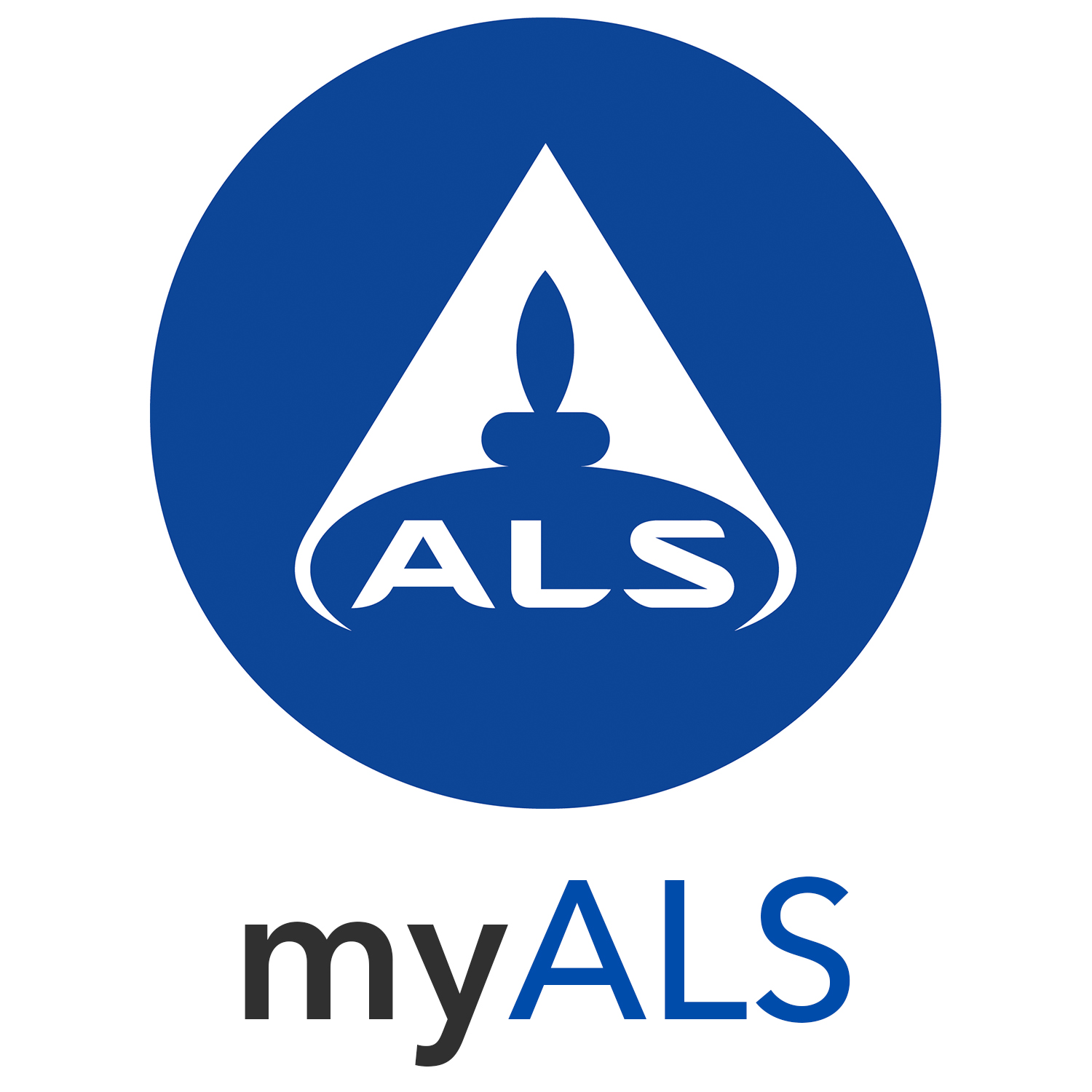ALS Environmental Hosts SCA Event
Feb 7, 2017
 ALS Environmental hosted a technical Water Industry meeting at our Coventry laboratory on Thursday 2nd February 2017 regarding the use of Flow Cytometery as a standard analytical approach. This event was a Subcommittee of the Standing Committee of Analysts (SCA), who are an expert panel of Microbiologists. The purpose of the meeting was to produce a standard protocol for the use of Flow Cytometry, an emerging tool for the estimation of micro-organisms. This technology could become a critical technique used by laboratories for the water industry in the future as it enables Utility & Commercial firms to rapidly identify cell counts.
ALS Environmental hosted a technical Water Industry meeting at our Coventry laboratory on Thursday 2nd February 2017 regarding the use of Flow Cytometery as a standard analytical approach. This event was a Subcommittee of the Standing Committee of Analysts (SCA), who are an expert panel of Microbiologists. The purpose of the meeting was to produce a standard protocol for the use of Flow Cytometry, an emerging tool for the estimation of micro-organisms. This technology could become a critical technique used by laboratories for the water industry in the future as it enables Utility & Commercial firms to rapidly identify cell counts.
A number of Utility companies that treat and distribute drinking water have started to look at and embrace the use of Flow Cytometry to estimate the number of micro-organisms at various stages of the treatment process, including supply. The advantage of the Flow Cytometry technique is that the estimation of micro-organisms are reported in minutes as opposed to days. Using the traditional approach for tests such as Total Viable Count (TVC) the normal incubation times are between 24 and 72 hours, as opposed to minutes using Flow Cytometery. By using this approach, should the Flow Cytometer detect an increased microbial load at any particular sampling point, the water companies can make rapid decisions and actions following investigations to changes in typical trends.
Drinking water is a unique, low-nutrient environment in which diverse, indigenous microbial communities proliferate. Water treatment systems make use of multiple hygienic barriers, such as Ozonation, pre-chlorination, membrane filtration, and UV disinfection. Despite these efforts, it is common for a variety of bacteria to regrow during the process or after distribution, and concentrations of 10-4 to 10-5 cells/ml in drinking water are typical. Uncontrolled and excessive regrowth can lead to a deterioration of aesthetic water quality such as undesirable tastes or odours, the growth of opportunistic pathogens, and treatment process malfunctions such as clogging of filters, biofouling, and bio-corrosion.
The acceptable bacterial level in a water sample depends on the treatment process and local water quality standards. Rapid and accurate quantitation of bacteria in drinking water is essential to monitor, control, and optimise treatment processes, and to allow insight into the biology of low nutrient water systems.
Click here to read more on ALS Environmental's Drinking Water analysis capabilities.
 Flow cytometry offers a powerful and effective methodology for assessing bacteria in water samples. In flow cytometry, particles or cells suspended in a hydro-dynamically focused liquid stream pass through a pulsed beam of laser light. Optical detectors collect scattered laser light and fluorescent emissions, and electronics digitize these signals for computational analysis. The light scatter data provides basic information about the cells, such as relative size, shape, and surface features. The fluorescence data reveals the cells’ auto fluorescence and/or labelling with fluorescent dyes, which can help characterize bacteria, resolve them from electronic noise and debris, and indicate cell viability and vitality. Flow cytometry eliminates manual counting errors and allows simultaneous quantitative assessment of multiple cellular parameters at the single-cell level within minutes of water sampling.
Flow cytometry offers a powerful and effective methodology for assessing bacteria in water samples. In flow cytometry, particles or cells suspended in a hydro-dynamically focused liquid stream pass through a pulsed beam of laser light. Optical detectors collect scattered laser light and fluorescent emissions, and electronics digitize these signals for computational analysis. The light scatter data provides basic information about the cells, such as relative size, shape, and surface features. The fluorescence data reveals the cells’ auto fluorescence and/or labelling with fluorescent dyes, which can help characterize bacteria, resolve them from electronic noise and debris, and indicate cell viability and vitality. Flow cytometry eliminates manual counting errors and allows simultaneous quantitative assessment of multiple cellular parameters at the single-cell level within minutes of water sampling.
Pervinder Johal, ALS' Coventry Microbiology and Site Operations Manager commented;
The meeting was attended by industry experts in the field of water microbiology and it’s exciting to be involved at the cutting edge of developing new methods and standard protocols for future generations of scientists and the benefits that will result for customers. The last such development of this kind was undertaken on MALDI-ToF confirmations and this has now become the industry norm, we hope the same impact can be made by Flow Cytometery.
For more information on the above, upcoming Events & Exhibitions, or for any other analytical enquiry, Request a Quote or Contact Us on 02476 421 213.


